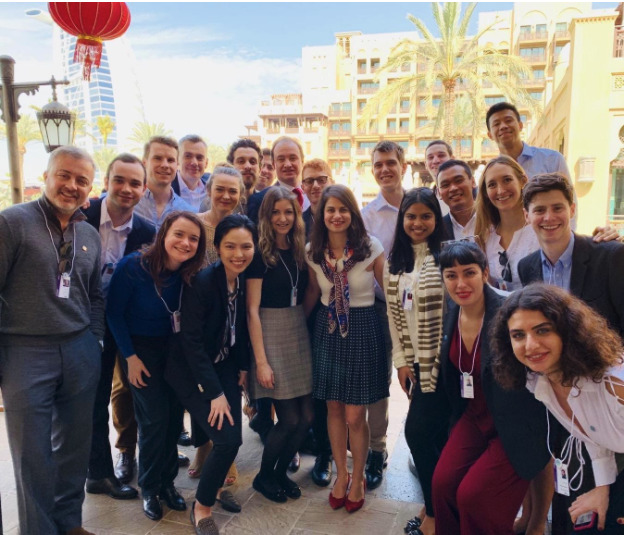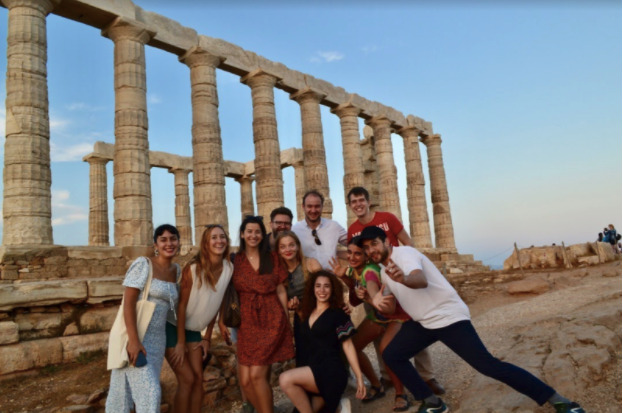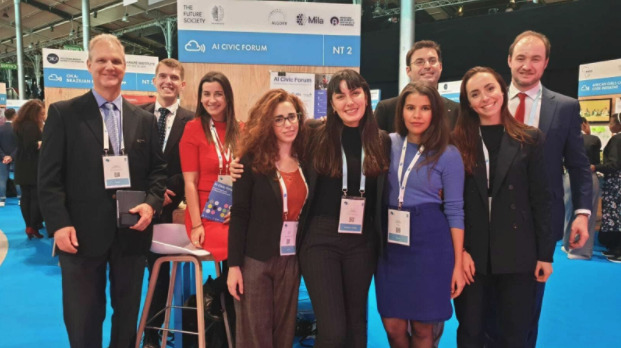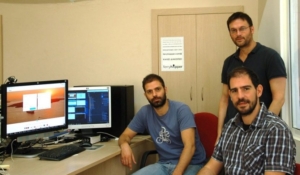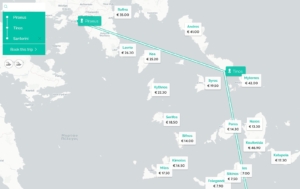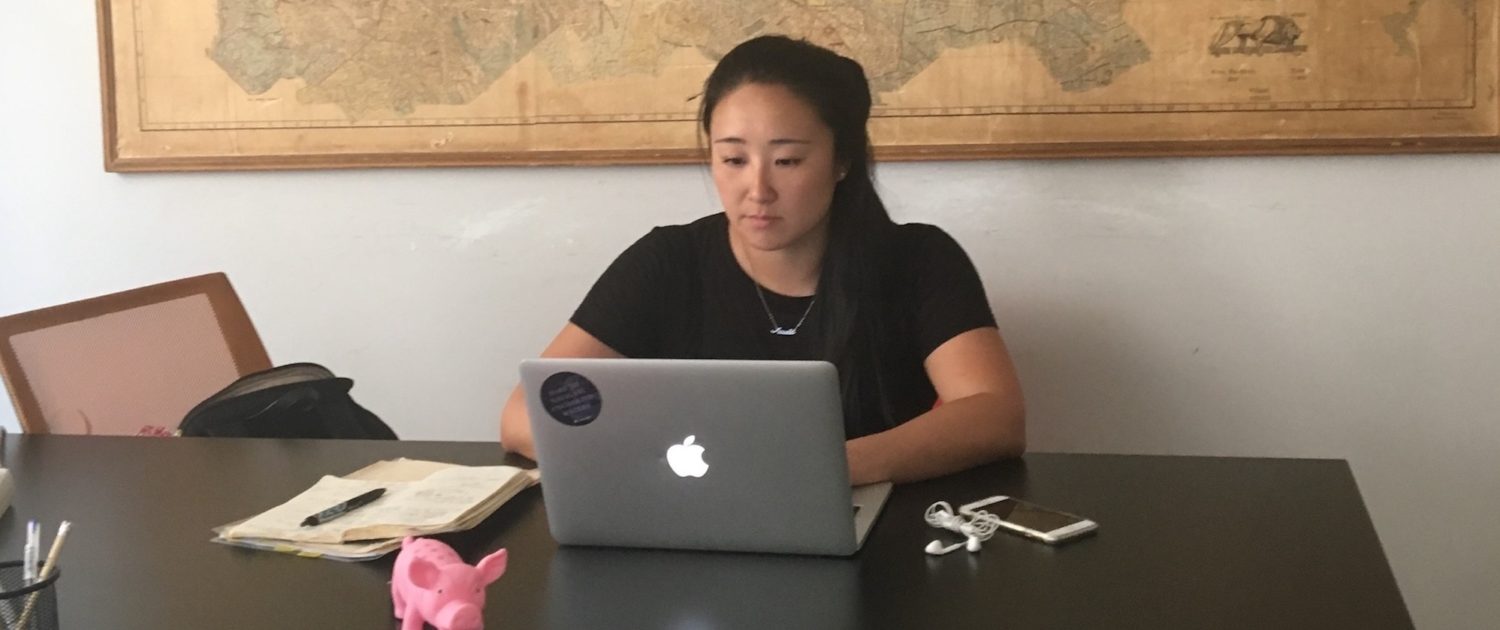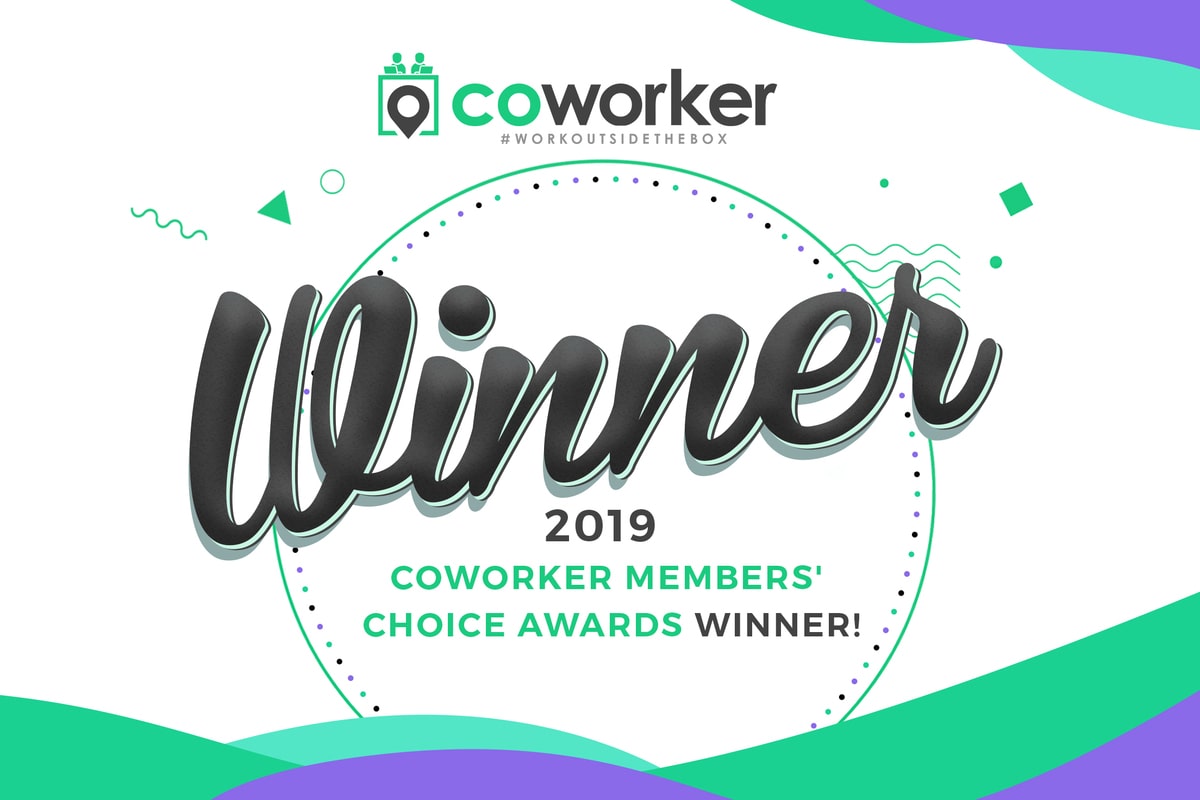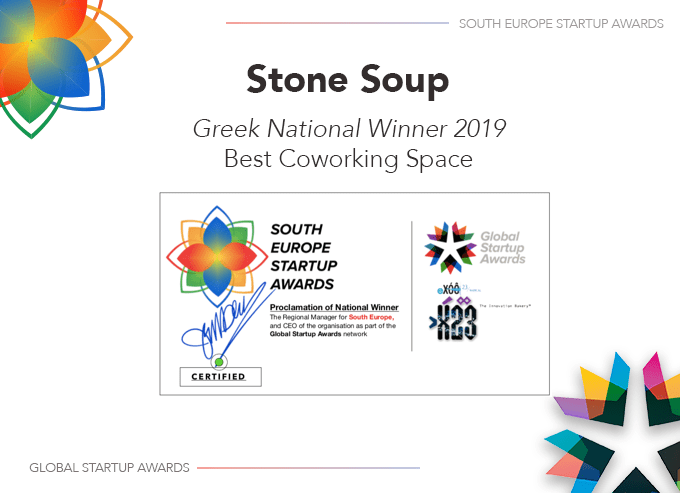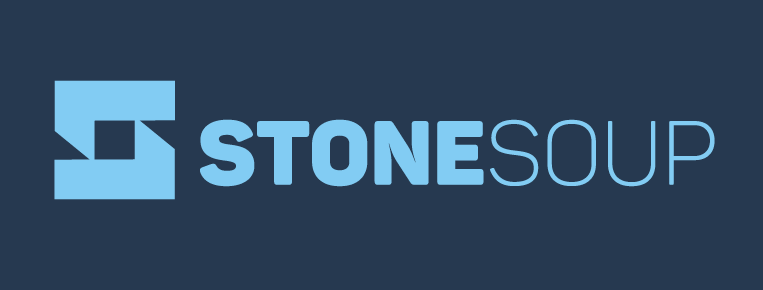Empowering women in tech and advocating for ethical AI
Can AI create poetry? Will driverless cars navigate through Athens anytime soon? Will Facial Recognition Technologies be deployed in public places? One of our latest members can suggest many potential answers to these intriguing questions. Sacha analyses ethical guidelines and suggests policy frameworks on artificial intelligence (AI). She works for the nonprofit think-tank The Future Society that focuses on AI policy and ethics. We had the chance to speak with her about her research on AI and the role of women in tech, a field that she is motivated to promote.
Getting into the tech industry and AI policy
Sacha is Franco-Chilean. She was raised in Paris and studied politics, philosophy, and economics in the UK, France, and the US. During her Master’s studies in International Affairs in Paris, she participated in an exchange program in Boston. This decision was a turning point for her career in AI policy. It is during this exchange program that she met the co-founder and president of The Future Society, Nicolas Miailhe. While in Boston she became accustomed to AI and digital innovation, but also to the lack of women and minorities present in this field.
She is an inspiring example to everyone who loves traveling and experiencing new ways of working with others. Furthermore, she did research about the lack of women in the tech sector: the gap is huge for reasons that are both social and economic. Her studies led her to argue that diversity (ethnic, gender, socio-economic, political) is an important factor to boost productivity and creativity in the workplace.
From theory to practice: working on responsible AI adoption
Once back in Paris, Sacha was able to reconnect with The Future Society’s co-founder and evolve in an innovative, rapidly changing field. The Future Society specializes in the ethics and governance of AI while advancing its responsible adoption for the benefit of humanity. At the same time, they support the empowerment and active voice of women in tech. In the upcoming month, Sacha will work on Tunisia’s AI National Strategy.
She has also conducted research on different relative topics. These include the ethical challenges for the adoption of contact tracing apps, and the use of AI to fight against the pandemic (with the Global Partnership for AI). As a side project, she built a whole digital community of Affiliates, coming from 20 countries, to advance responsible AI adoption globally and support the organization’s workstreams. They share their views and experiences through a Slack group while using the Signal app for chatting.
Digital innovation & AI policy for a sustainable society
Sacha’s research on AI policy is about finding the right balance between capturing the upsides of AI and limiting its risks.
AI development can lead to curated educational programs and healthcare self-diagnosis on one hand, and online surveillance and political disinformation on the other.
For example, Sacha notes that digital contact tracing apps used during the pandemic may be very helpful to identify clusters and limit the spread of the virus. But on the other hand, citizens may not use these apps, even when the design achieves high levels of data privacy, as they have lost trust in governmental authorities and are suspicious of technology using sensitive data!
Moreover, Sacha underlined the example of automatization of work. Automatization done correctly can bring work-life balance with less working hours, more free time, and same or higher salary. We must change the way we think about labor values and measurements of productivity, she adds. Lifelong learning can help prepare workers for upskilling and repurposing of work goals and practices.
“It is important to remember that we are still at the dawn of AI adoption, so many paths are possible. We tend to think that the course of technology is linear, when actually we can collectively decide upon its trajectory.”
How does AI relate to remote work?
Digital innovation and AI policy are definitely related to coworking practices! So we asked Sacha to suggest tips and apps we can use while working remotely to keep our private data safe:
- Using a Protonmail
- Trying the Signal app
- Connecting to a VPN
- Installing an Adblocker is such a relief!
- Checking the cookies on a website is truly crucial too! Let’s learn to avoid the “accept all” option!
The EU currently has one of the most regulated frameworks in the world (GDPR) so it takes two seconds to check your cookies!
The pandemic is an awakening call that teaches us to be able to organize ourselves in distance and work remotely. This can happen on a personal level. We learned from Sacha that Greece kickstarted the process to draft its AI strategy last summer. This builds on other local ongoing initiatives, such as the “AI and Rule of Law” Roundtable, which happens every October. According to the Chair Of the AI and Rule Law initiative, Nicolas Economou, who organized the second annual Athens Roundtable on “AI and the rule of law” last October, this is a very promising initiative that will also help Greece digitize its public sector.
Advocating for more women in tech
During her exchange in Boston, Sacha researched the reasons behind the lack of women and minorities in the tech sector. She shared some shocking numbers! According to a report published in 2019, there are only 18% of women researchers in the field of AI. This inspired her to build curriculums and mentorship programs in AI policy and ethics to train more women in this field. And we might get a taste because we discussed planning an AI policy and ethics discussion group at Stone Soup too (of course we’ll let you know)!
Working on digital innovation from Athens
Do you know what else boosts Sacha’s creativity? Athens itself! She ended up here during the pandemic when she realized that she doesn’t have to stay in a specific place to work. She admits that the sun makes her more productive. Athens is an underrated city in her opinion, still unnoticed by many apart on their way to the Cyclades, and she characterized it as the Berlin of the Mediterranean! She loves how the city flourishes artistically while conserving its original vibes. Because of her work, Sacha is often thinking about the future, and in Athens, she finds the perfect balance to live in the present as well. And we are happy to add her ingredients to our pot!



